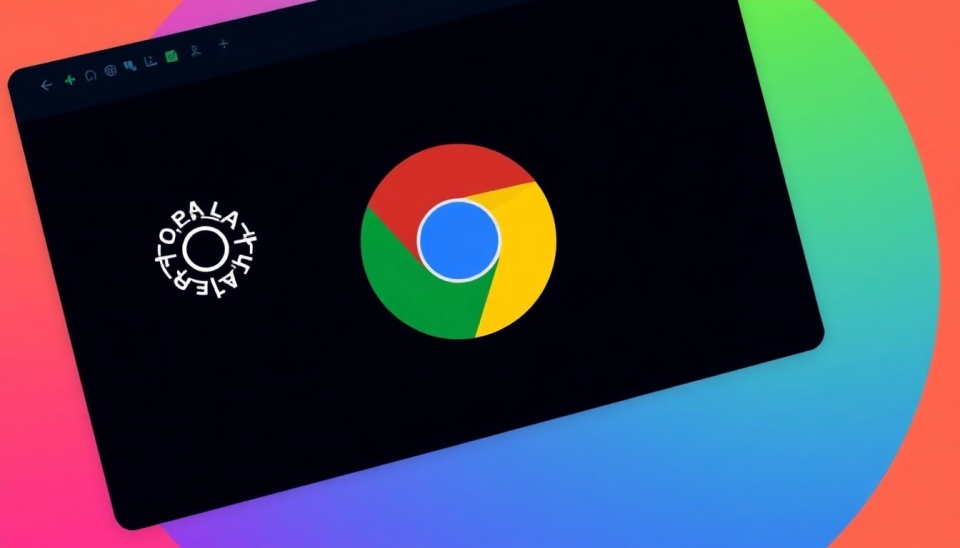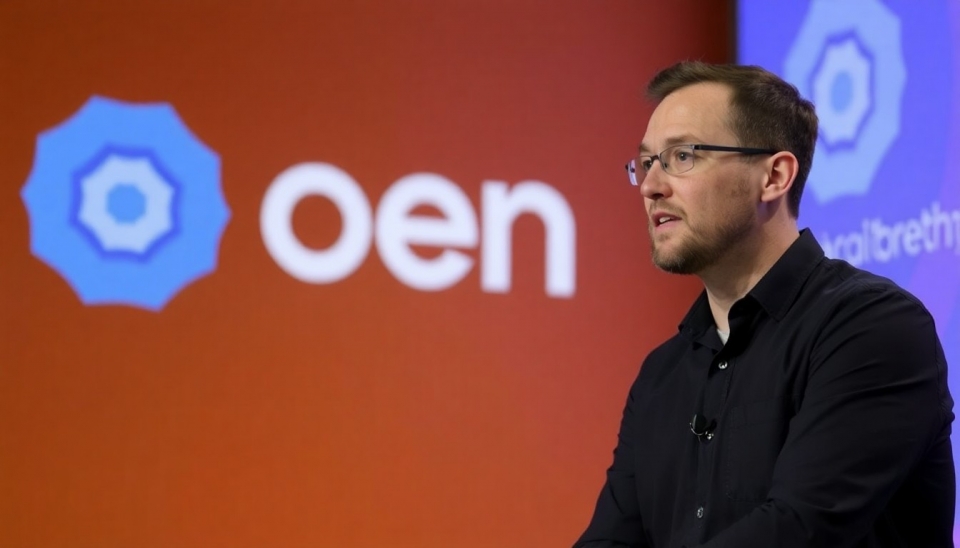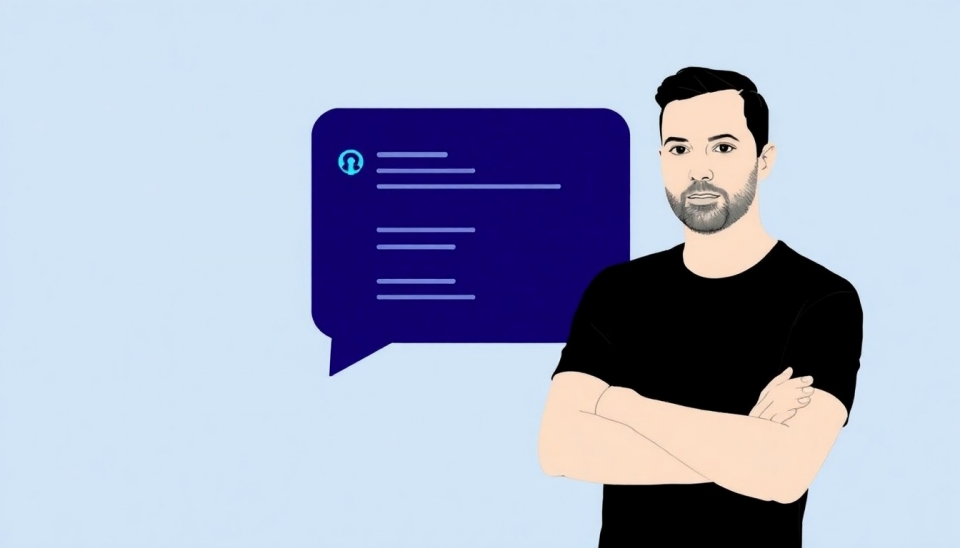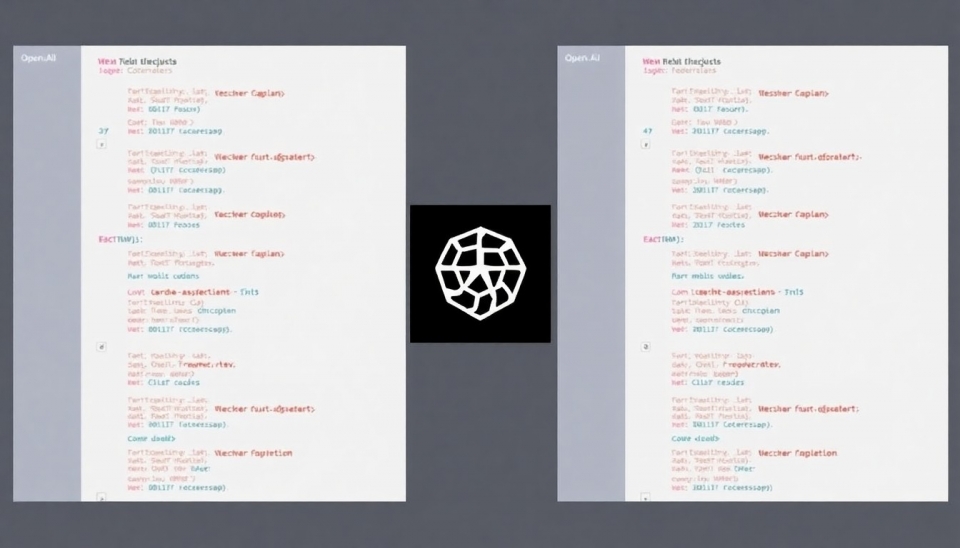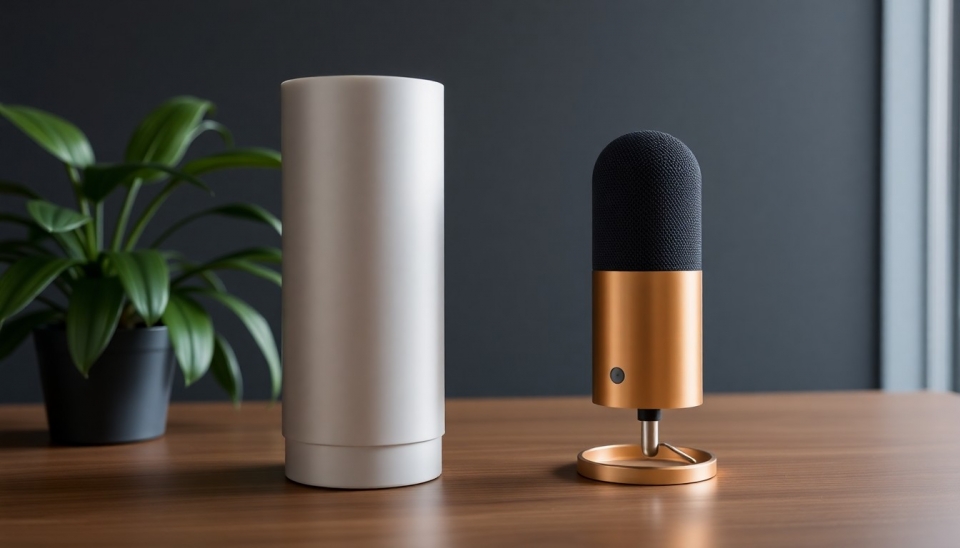
The tech landscape is buzzing with the news of an intense legal battle involving the prominent artificial intelligence company OpenAI and a quirky figure named Guy. This conflict has escalated into a significant controversy that raises pressing questions about intellectual property rights and the implications of AI advancements on creativity and originality.
OpenAI, renowned for its groundbreaking work in AI technologies, has found itself embroiled in a dispute that centers around the use of names and likenesses in the digital realm. The case spotlights not just the corporation’s expansive influence but also the repercussions of AI tools that are beginning to permeate various sectors of our lives. At the heart of the feud is an unusual twist on personal branding; the individual at the center, referred to simply as Guy, claims ownership over his name being used by OpenAI in a series of projects.
The narrative unfolds as Guy has asserted that his identity has been appropriated without permission as OpenAI has integrated its innovative algorithms in ways that leverage his name. He argues that this not only dilutes his personal brand but also undermines the potential revenue he could generate through the use of his name. This scenario has precipitated a deeper exploration into who owns what in the rapidly evolving domain of AI-driven solutions.
The situation escalated when Guy filed a formal complaint, alleging that OpenAI's practices may infringe on unfair competition laws. This unexpected move has sent shockwaves through the tech community, where many have expressed concern regarding the implications of such a legal argument could have on the broader AI ecosystem. OpenAI representatives have countered by highlighting their commitment to the ethical use of AI, asserting that their technologies are designed to respect individual rights and promote creative expression.
Analysts suggest that the outcome of this legal skirmish could have lasting implications. If Guy prevails, it could set a precedent concerning the rights of individuals in relation to how their identities are used in digital environments. Conversely, should OpenAI succeed, it may reinforce the autonomy of tech entities to utilize names and likenesses without the need for express consent in certain contexts.
This case has ignited a passionate debate within the fields of technology and law, as it intertwines issues of personal rights, corporate responsibility, and the creative process in the age of AI. Observers are keenly watching how both parties navigate this situation, as it could pave the way for significant changes in the legal frameworks that govern AI and the digital economy at large.
As both sides gear up for potential courtroom battles, the tech industry remains on high alert, awaiting the implications that could arise from this unique confrontation. Will OpenAI’s innovative vision be stifled by legal entanglements with individuals asserting their rights? Or will this case prompt a much-needed dialogue about creativity and ownership in an era dominated by artificial intelligence?
In the meantime, the story of 'Guy vs. OpenAI' continues to unfold, with new developments expected in the coming weeks. The outcome may redefine relationships between individuals and tech giants in a world increasingly defined by AI innovation.
Stay tuned for updates on this evolving narrative as it promises to capture the attention of tech enthusiasts, legal experts, and everyday individuals alike.
#OpenAI #LegalBattle #GuyVsOpenAI #ArtificialIntelligence #TechNews #IntellectualProperty
Author: Liam Carter
